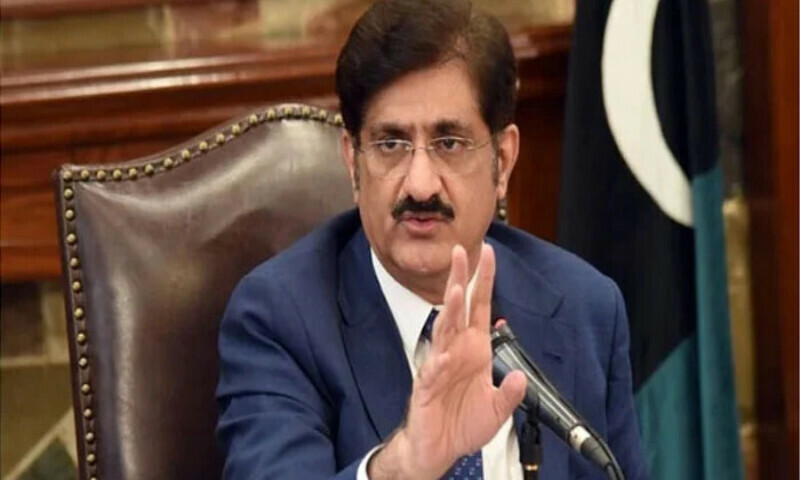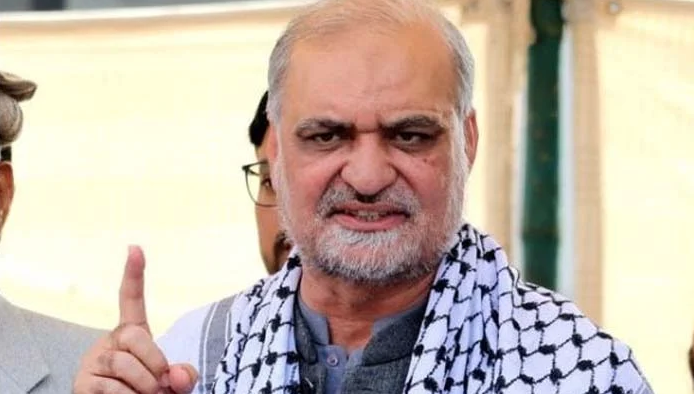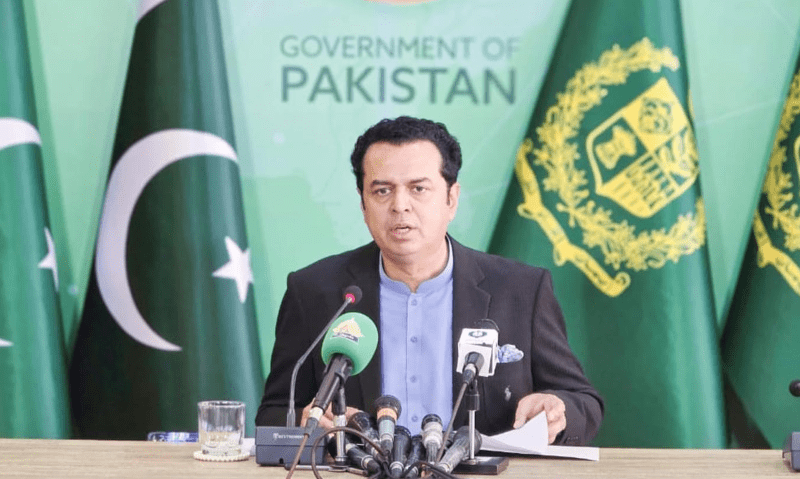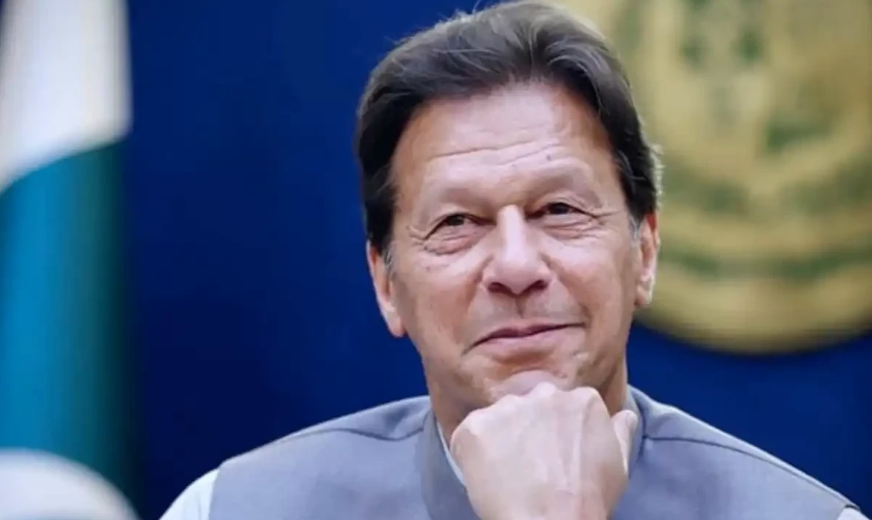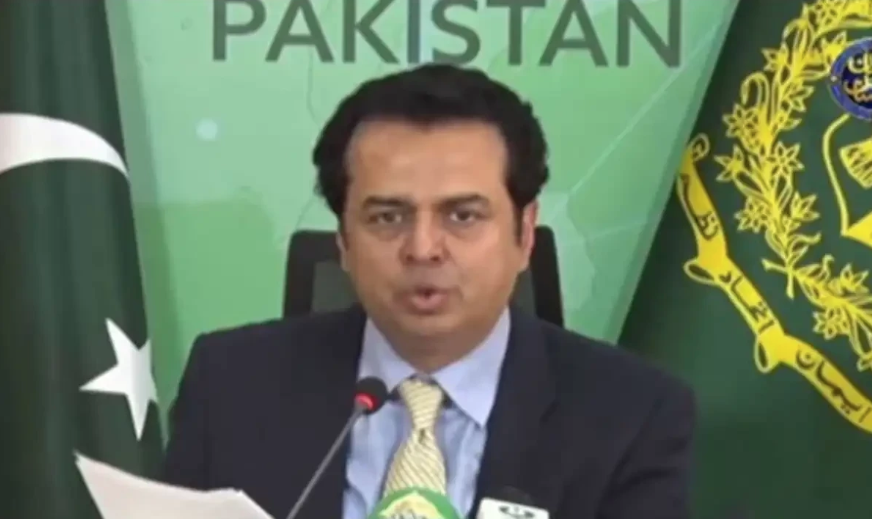POLITICS & POLICY MAKING
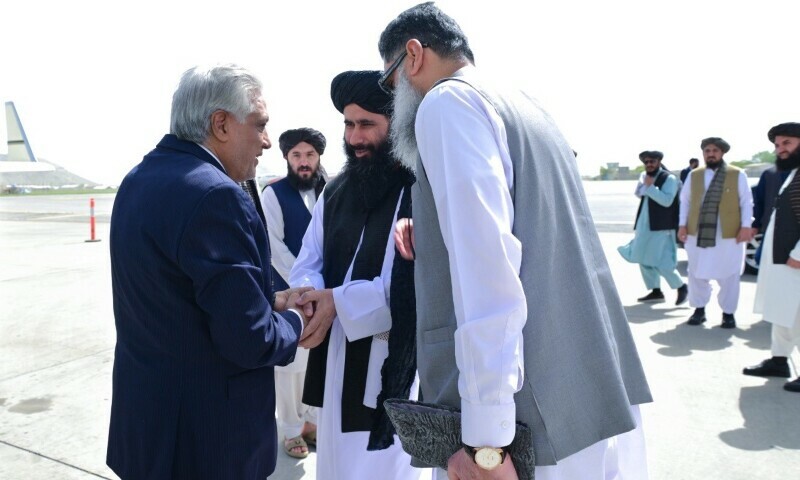
Deputy Prime Minister and Foreign Minister Ishaq Dar on Saturday concluded a pivotal day-long visit to Kabul, where Pakistan and Afghanistan pledged mutual commitment to ensuring that their respective soils will not be used for terrorism or illicit activities against one another.
The visit marked a potential thaw in strained bilateral ties and followed the recent meeting of the Pakistan-Afghanistan Joint Coordination Committee in Kabul, led by Pakistan’s Special Representative for Afghanistan, Ambassador Sadiq Khan.
At a press conference alongside Afghan officials, FM Dar stressed the shared responsibility of both nations to curb terrorism. “We will not allow our soil to be used against Afghanistan, and likewise, we expect the same commitment. If such activities occur, both countries are responsible to act firmly,” Dar asserted.
The high-level engagements included meetings with acting Afghan Prime Minister Mullah Muhammad Hassan Akhund, Foreign Minister Amir Khan Muttaqi, and Deputy PM Mullah Abdul Salam Hanafi. The talks covered a wide range of topics, from security and trade to people-to-people contacts and regional infrastructure.
Key Outcomes of the Visit:
- Joint Pledge on Security: Both nations agreed not to allow their territories to be used against each other and to take swift action against perpetrators.
- Transit & Trade: Dar announced that the track and trace system for Afghan transit goods will be operational by June 30, with agreements on trade insurance and further reductions in tariffs.
- People-to-People Relations: Dar confirmed Pakistan had not banned Afghan property ownership and emphasized dignified refugee repatriation and protection of refugee rights.
- High-Level Engagement: Afghan leadership was invited to Pakistan to continue diplomatic exchanges, and both sides agreed on establishing joint committees to address mutual concerns.
- Regional Connectivity: Discussions touched on mega regional projects such as CASA-1000, TAPI, and Afghan Trans Rail Line, seen as critical to future economic integration with Central Asia.
Speaking to the media before his departure, Dar reiterated Pakistan’s commitment to regional peace and economic cooperation. “We share deep-rooted ties with Afghanistan. It’s time both Muslim nations become economic partners for the prosperity of our peoples,” he said.
Dar also highlighted the recent visit of Afghan Minister for Industry and Commerce Nooruddin Azizi to Pakistan, which focused on expanding bilateral trade and investment opportunities.
However, the talks weren’t without tension. The Afghan side raised concerns over the treatment of Afghan refugees in Pakistan, with FM Muttaqi urging Pakistan to prevent any violation of their rights. Dar responded with assurances that Pakistan’s security agencies would act to prevent mistreatment and protect refugee property.
With bilateral challenges still present—particularly over border security and terrorism—Dar’s visit represents a renewed effort to build trust and find common ground for cooperation in trade, transit, and peace.
The trip comes at a time when Pakistan has voiced growing concerns over the resurgence of terrorism and the presence of anti-Pakistan elements allegedly operating from Afghan soil—claims Kabul has consistently denied.
Dar concluded the visit on an optimistic note, calling Afghanistan his “second home” and expressing hope for a stronger, more collaborative future between the two neighbors.
